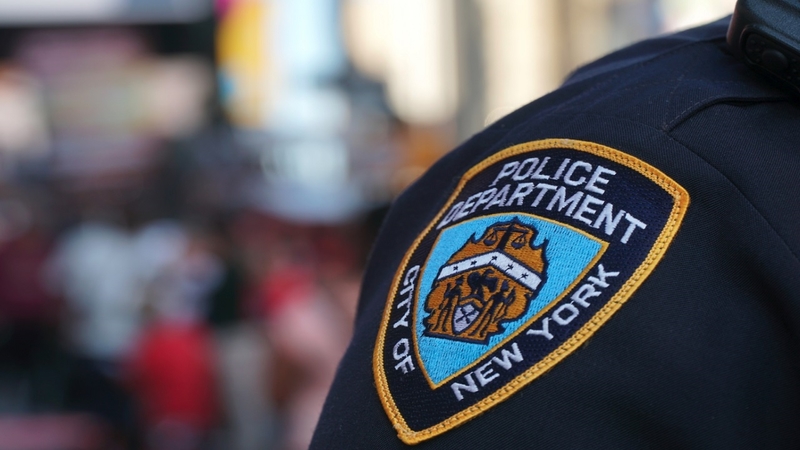A new smartphone app being rolled out this week allows officers in New York City’s community policing program to log neighborhood concerns like graffiti, loud music and public intoxication and keep track of whether they’ve been addressed.
The internal app, the NYPD’s latest push toward digitizing communications within the department, improves on the more scattershot ways officers have been keeping tabs on community problems from shift to shift — namely, calling, texting or emailing one another.
Information is now centralized and available around the clock to more officers and supervisors, meaning problems are less likely to fall through the cracks and off-duty officers won’t be getting woken up at home if they forget to pass along details about a particular matter.
“What we have now is word of mouth — an email that you may send to different tours. This is on their phone. It’s right there when they get in,” said Inspector Carlos Ortiz, commanding officer of the Neighborhood Policing Analysis and Support Unit.
The new app, which cost about $1.4 million for the initial configuration and $2.7 million a year to maintain, is being piloted in upper Manhattan, with other parts of the city to follow.
It’s an internal, nonpublic system that allows officers and supervisors to access and add to a running tally of neighborhood issues and track progress toward their resolution.
The department aims to train 8,000 officers on the new app and will make it standard across its neighborhood policing program, which is designed to push officers out of patrol cars and onto the sidewalks.
Officers can view such issues, called conditions in police parlance, in a list or on a map. They might include things like reports of vandalism, buildings that need to be secured from package thefts, abandoned or illegally parked cars, episodes of public intoxication or homeless people sleeping on the street.
Using the app, officers can document each step toward solving a problem — for instance, noting when trash has been removed or graffiti cleaned up — including with photos and documents.
The app also has space for officers to store contact information for community members and to log businesses and security cameras in their sector, an important resource when officers are trying to find video of an incident. Pre-app, officers might spend their whole eight-hour shift searching for cameras.
A chat function allows officers to communicate with one another through an internal social media-like component. Some officers said they currently chat about community concerns in private WhatsApp groups.
“The app is not dependent on rapport,” said Sergeant Sam Alamarie, of the Office of Research and Innovation. “What the app is dependent on is data.”
The NYPD has leaned heavily on smartphone technology in recent years, equipping officers with iPhones and last year ditching traditional memo books in favor of a specially designed note-taking app that feeds into department databases.
The department’s data collection practices have also been scrutinized in recent years, with some of its systems raising objections from civil liberties groups.
A city lawmaker last week introduced a bill calling for the elimination of the police department’s secretive gang database, which critics say unfairly brands mostly Black and Hispanic youths based on flimsy evidence.
Activists have also objected to the department’s use of facial recognition technology and surveillance cameras. Because the neighborhood policing app is brand new, it has yet to receive the same kind of scrutiny from critics.
The NYPD says its neighborhood policing app involves data the department already keeps in other ways, including from 911 calls and complaints filed at precincts. The app has protections to preserve data that could be subpoenaed for a court case. Officers are prevented from deleting material, officials said.
(AP)











